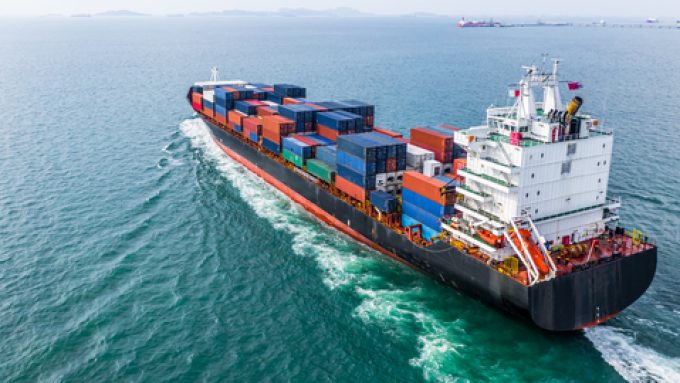Liner schedule reliability improving, with Gemini carriers leading the way
Ocean schedule reliability is at its highest in 17 months, according to Sea Intelligence, which ...

As global schedule reliability hits rock bottom, new research highlights lockdowns in China are to blame for the increased container shipping transit times.
In a joint paper, Windward and Sea-Intelligence suggest the industry’s tendency to focus on port waiting times “only shows a partial picture of ...
CMA CGM South Korean staff strike over bonuses after bumper 2024 profit
MSC switches two more Asia-Europe port calls from congested Antwerp
CMA airline returns two freighters, while ANA takeover of NCA looms
Nightmare for Bangladeshi exporters as congestion and tariffs bite
Tradelanes: Export boom in Indian sub-continent triggers rise in airfreight rates
Carriers introduce surcharges as congestion builds at African ports
Ports and supply chain operators weigh in on funding for CPB
Box ship overcapacity threat from carrier appetite for new tonnage

Comment on this article